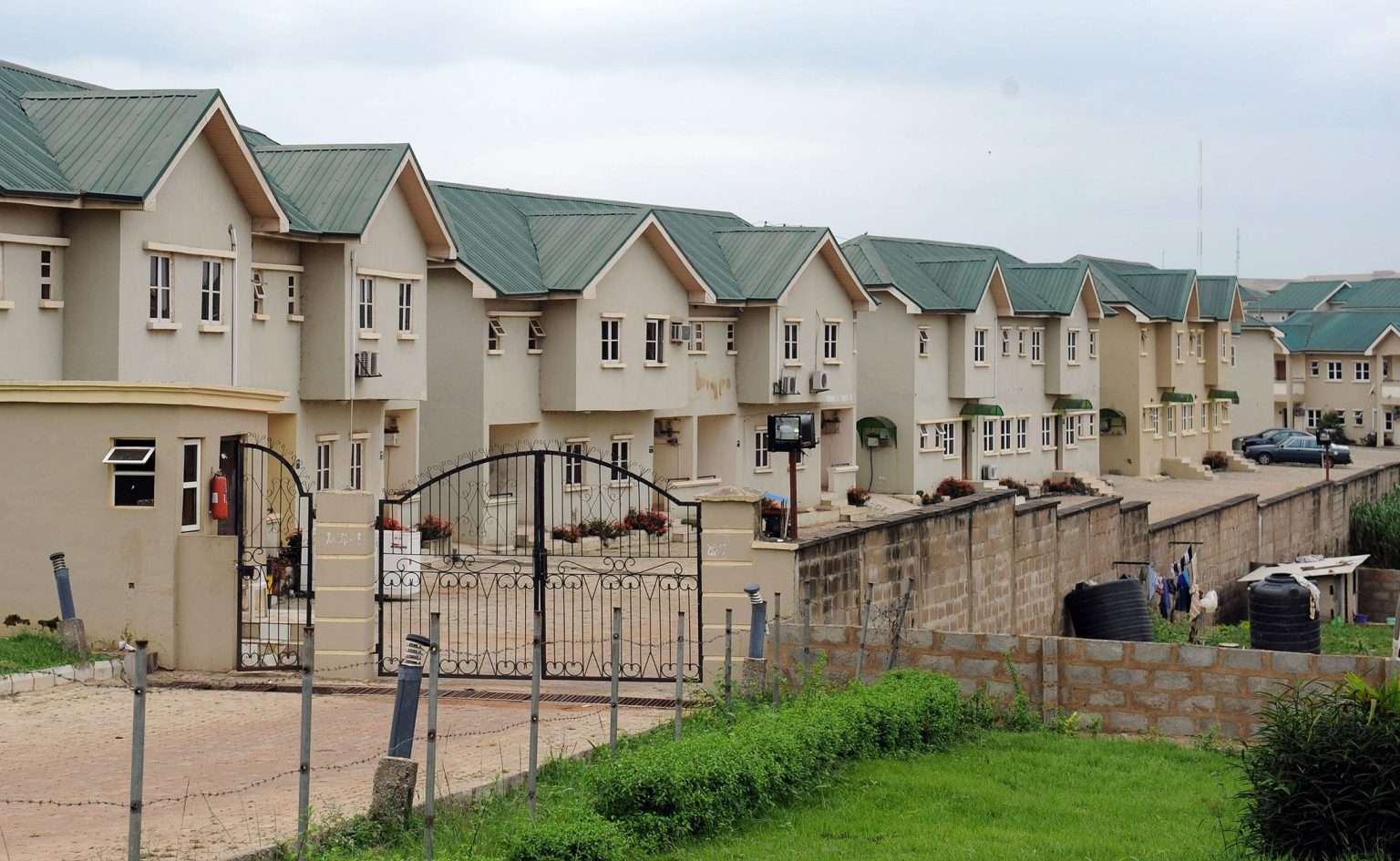Enugu State is experiencing a significant uptick in residential real estate demand, driven by urbanization, infrastructure investment, and growing appetite for high-quality housing. The upward trajectory comes as the Peter Mbah administration accelerates its economic transformation agenda, targeting a leap in GDP from $4 billion to $30 billion within eight years.
A key component of this vision is infrastructure-led growth, with knock-on effects now visible in the real estate sector. Developers and investors are responding to a noticeable shift in consumer preferences toward well-managed estates and higher construction standards.
A recent survey by the University of Nigeria, Nsukka, highlighted top-performing residential developments across the state. Riverside Housing Estate scored over 90 percent in both foundation integrity and build quality, while Uwani Estate earned strong marks for internal space, reflecting rising expectations for modern, spacious homes.
Federal States and Scheme Estate performed well on livability metrics and location, but ageing infrastructure is taking a toll on others. The Federal Housing Estate, for instance, lags behind in drainage and security, both rated below 65 percent, suggesting opportunities for urban regeneration and asset repositioning.
Enugu’s housing stock remains heavily tilted toward blocks of flats and single-family units. While bungalows and townhouses are more common outside the city core, the market remains relatively underdeveloped in terms of variety and inclusivity. Analysts point to this imbalance as both a challenge and an opening for investors seeking underserved market segments.
Socioeconomic inequalities, including limited access to finance, gender disparities in home ownership, and uneven access to utilities and education continue to dampen market participation, particularly among marginalized groups. Analysts argue that addressing these structural issues is not only a social imperative but a smart economic strategy.
Innovative housing alternatives are beginning to emerge in response. Among them are plastic bottle homes, low-cost, environmentally sustainable structures that reportedly cost 30 percent less to build than traditional brick-and-mortar houses. These homes are also said to be highly durable and even bulletproof, suggesting a novel solution to the twin challenges of affordability and resilience.
As Enugu continues to position itself as a livable and investment-friendly city, its residential property market is likely to remain a barometer of the state’s broader economic ambitions. With growing demand, evolving demographics, and government backing for infrastructure, the state’s real estate sector may well be entering a defining chapter.




